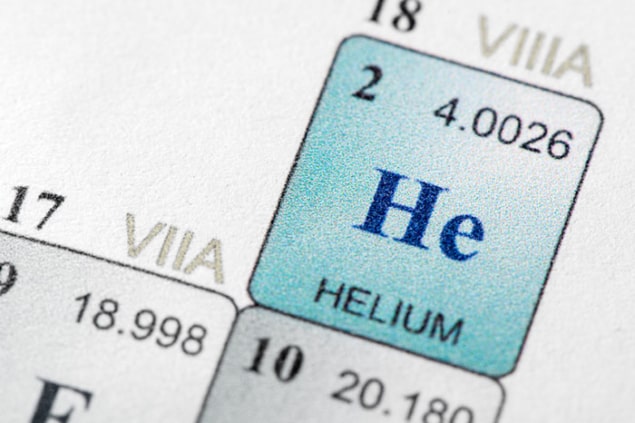
Next year has been designated the International Year of the Periodic Table of Chemical Elements (IYPT) by the United Nations Educational, Scientific and Cultural Organization (UNESCO). The celebrations in 2019 will mark 150 years since the iconic chart – which contributed greatly to the development of modern chemistry and atomic and nuclear physics – was devised by the Russian chemist Dmitri Mendeleev. IYPT will also pay tribute to the recent discovery of four new elements: nihonium-113; moscovium-115; tennessine-117; and oganesson-118, which UNESCO says resulted from “close international scientific cooperation”.
The IYPT is supported by the International Union of Pure and Applied Chemistry (IUPAC), the International Union of Pure and Applied Physics, the European Association for Chemical and Molecular Sciences, the International Astronomical Union and the International Union of History and Philosophy of Science and Technology.
Educational experiments
The IYPT will be used by UNESCO’s International Basic Sciences Programme to promote international co-operation in the basic sciences for sustainable development. A UNESCO Global Microscience Experiments Project will also be dedicated to the periodic table. Microscience is an educational initiative that provides low-cost experimental equipment to primary and secondary school pupils – and university students in some countries.
Other related anniversaries in 2019 include the discovery of phosphorus 350 years ago by the alchemist Hennig Brand. In 1789, Antione Lavoisier grouped 33 elements into gases, metals non-metals and earths. Next year is also the 190th anniversary of Johann Wolfgang Döbereiner’s work on “triads”, which was another attempt at making sense of the chemical elements. More recently, the element francium was discovered in 1939 by Marguerite Perey.
100th anniversary of IUPAC
The IYPT also coincides with the 100th anniversary of the founding of IUPAC – which along with IUPAP confirms the discovery of new elements and gives them their official names. Eager to start the festivities, IUPAC will be releasing monthly bulletins in 2018 that highlight the activities of the organization over the past century.



